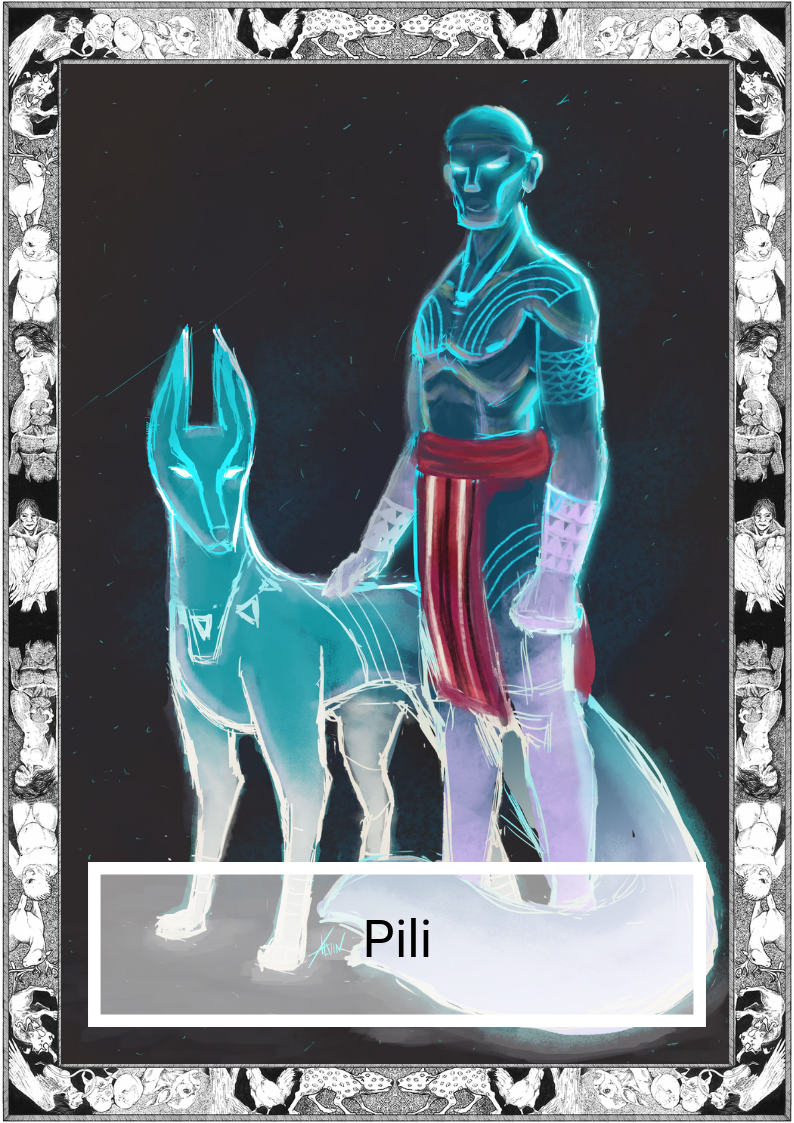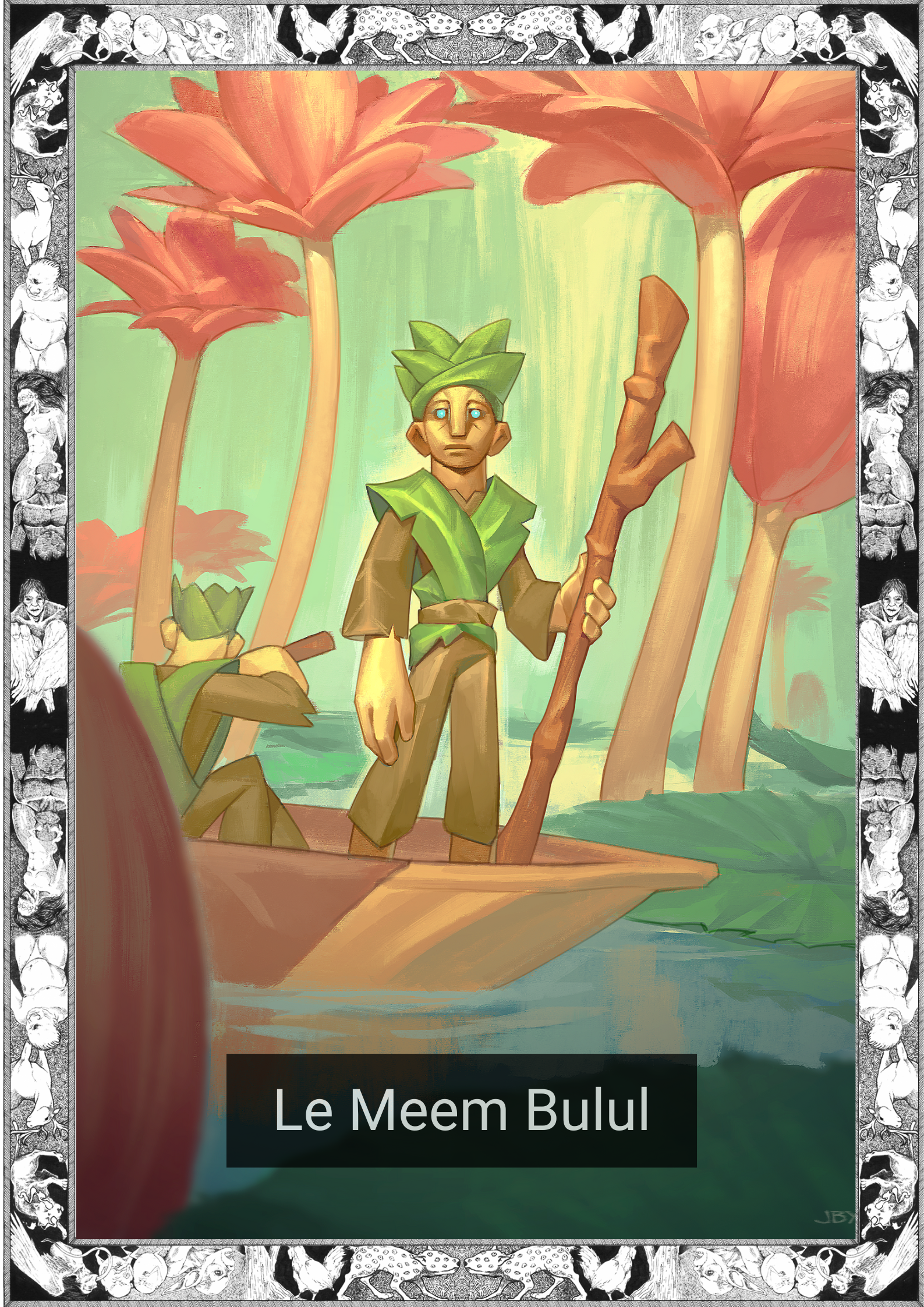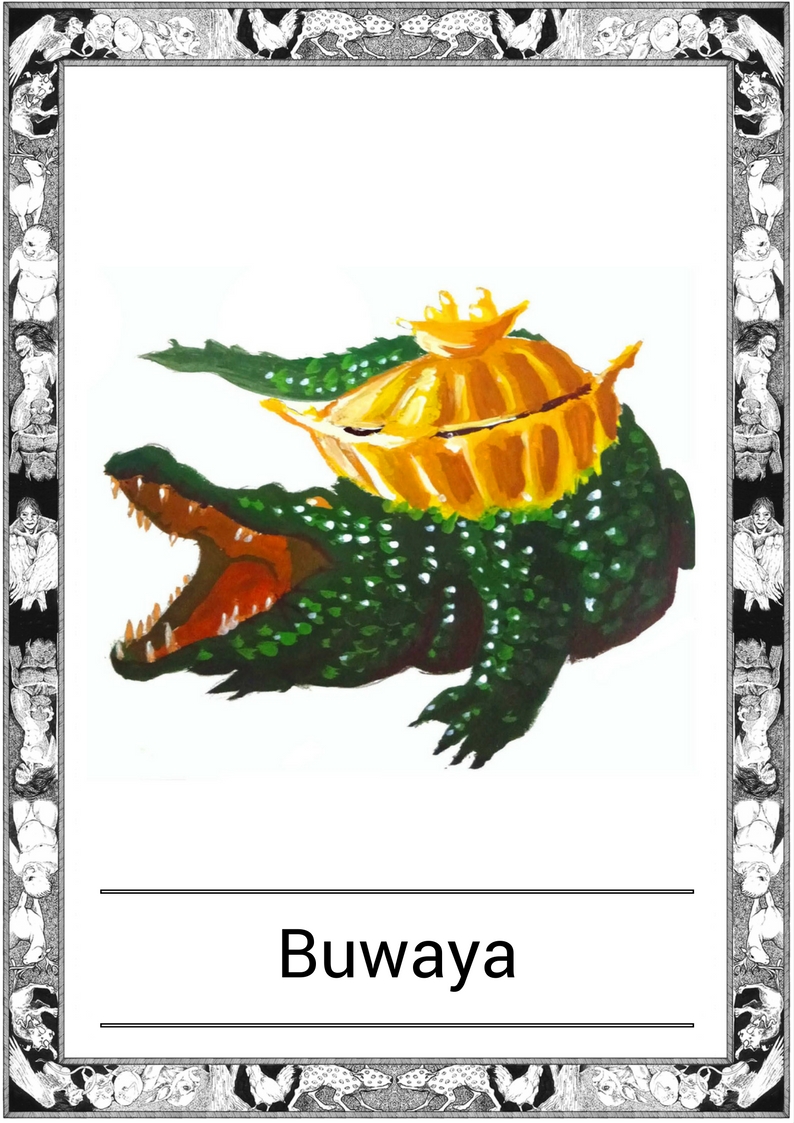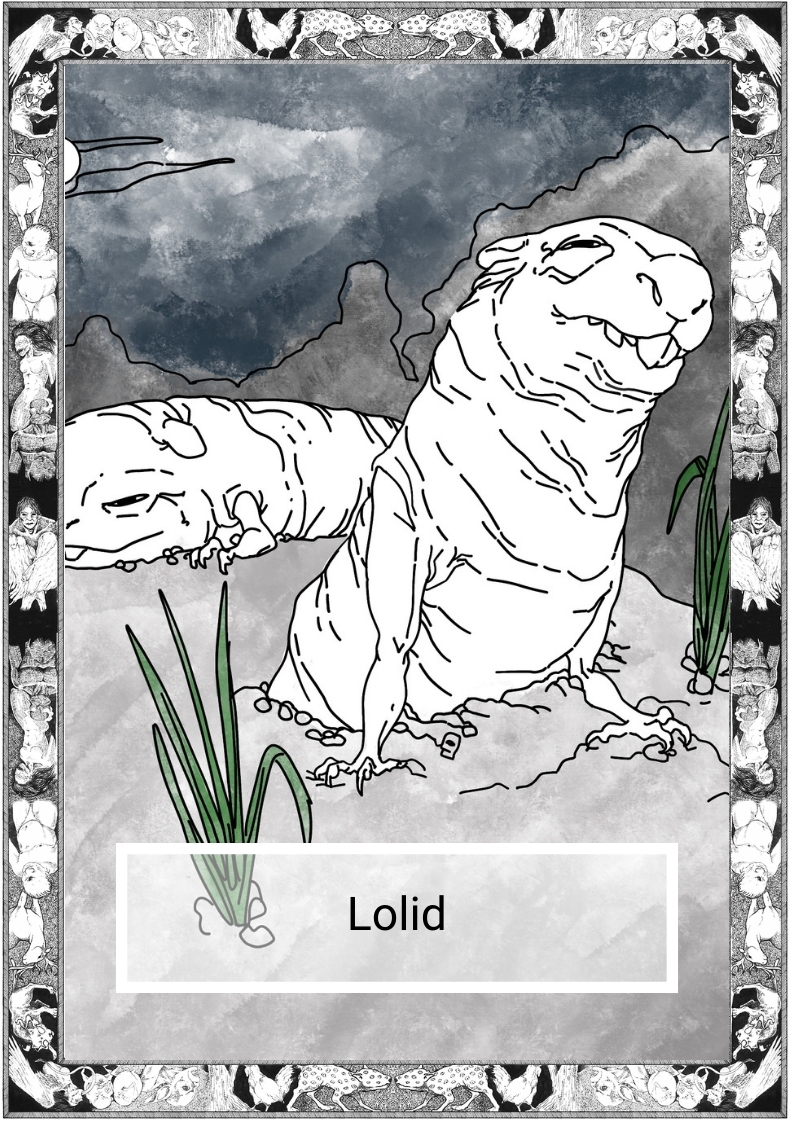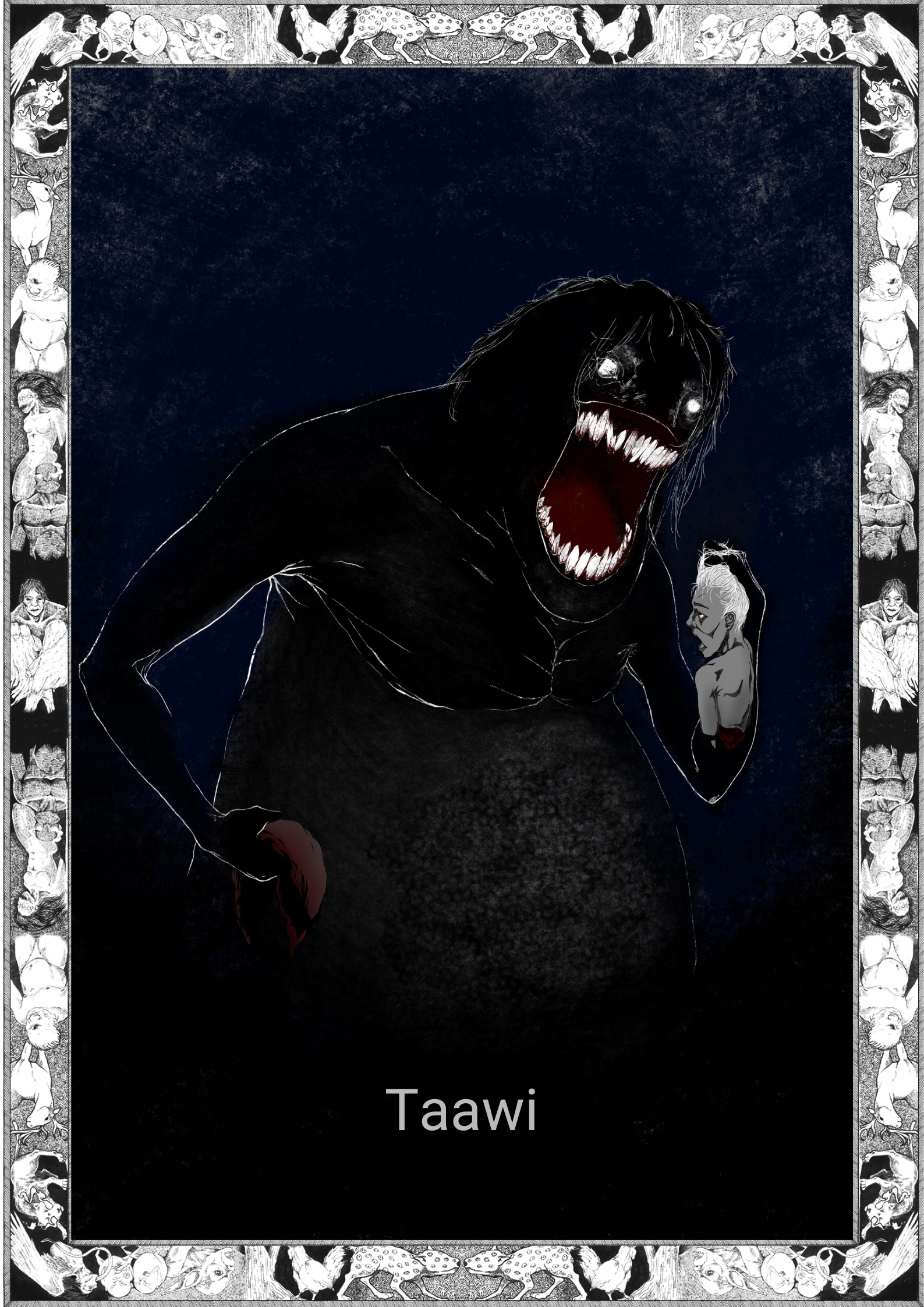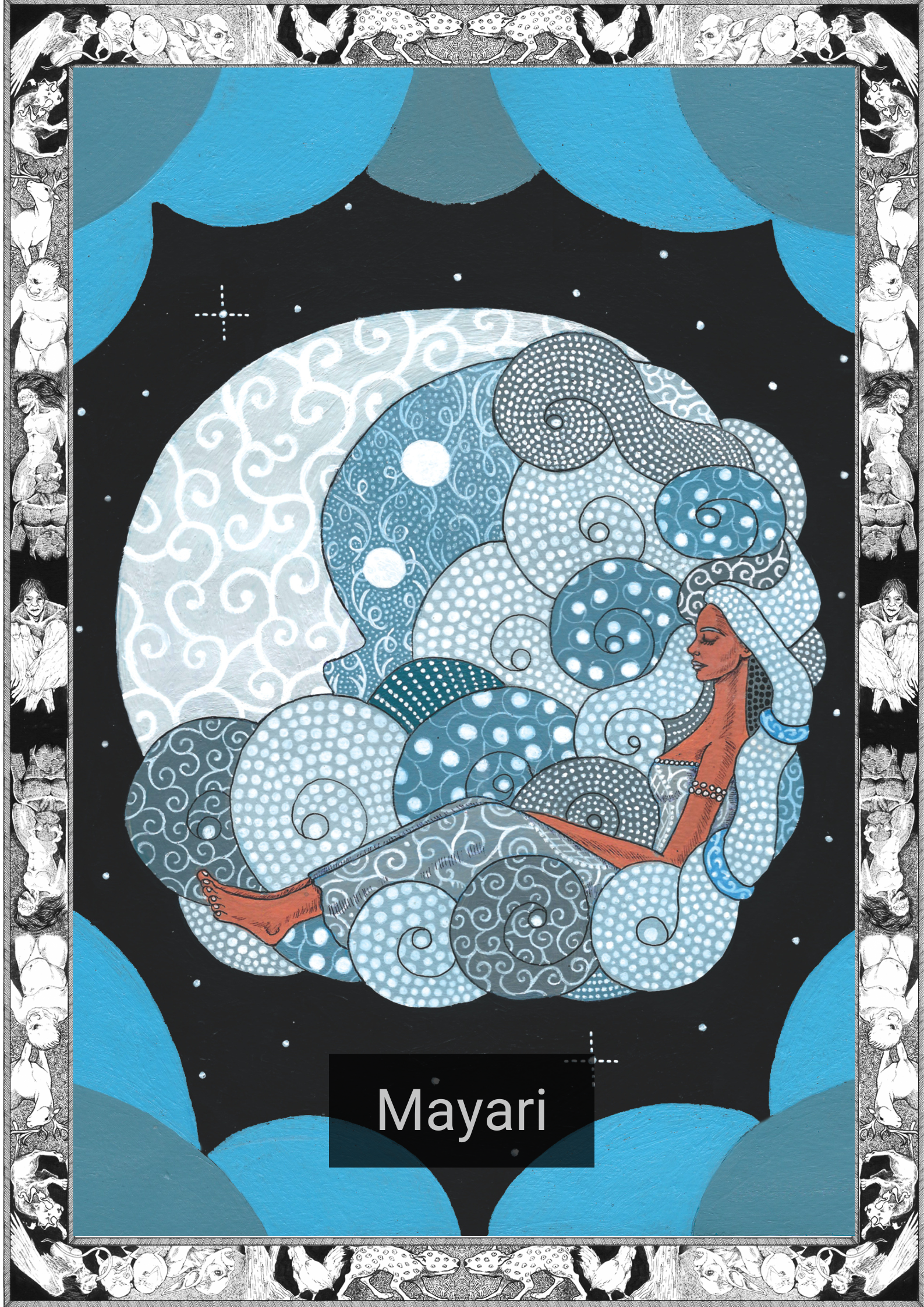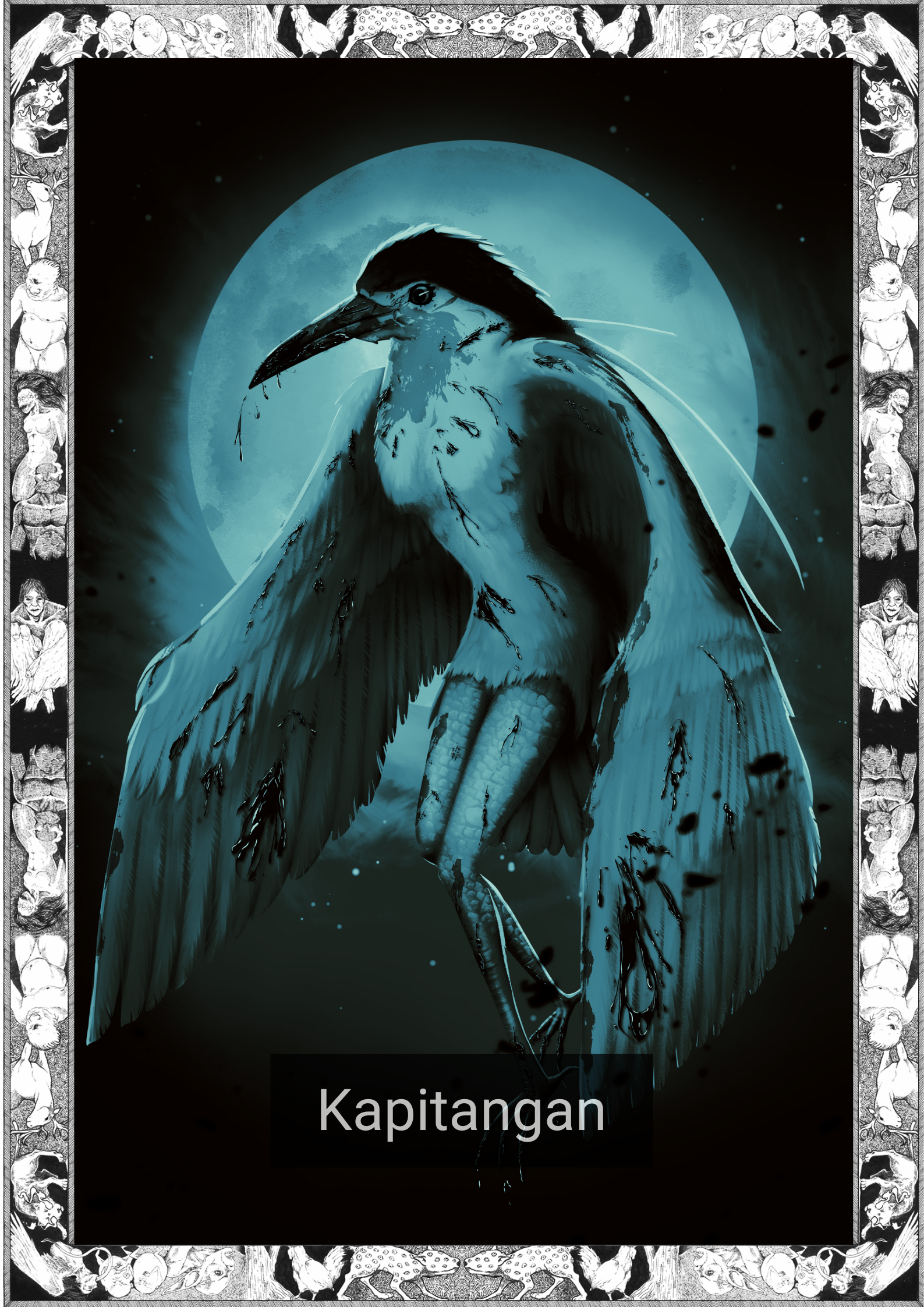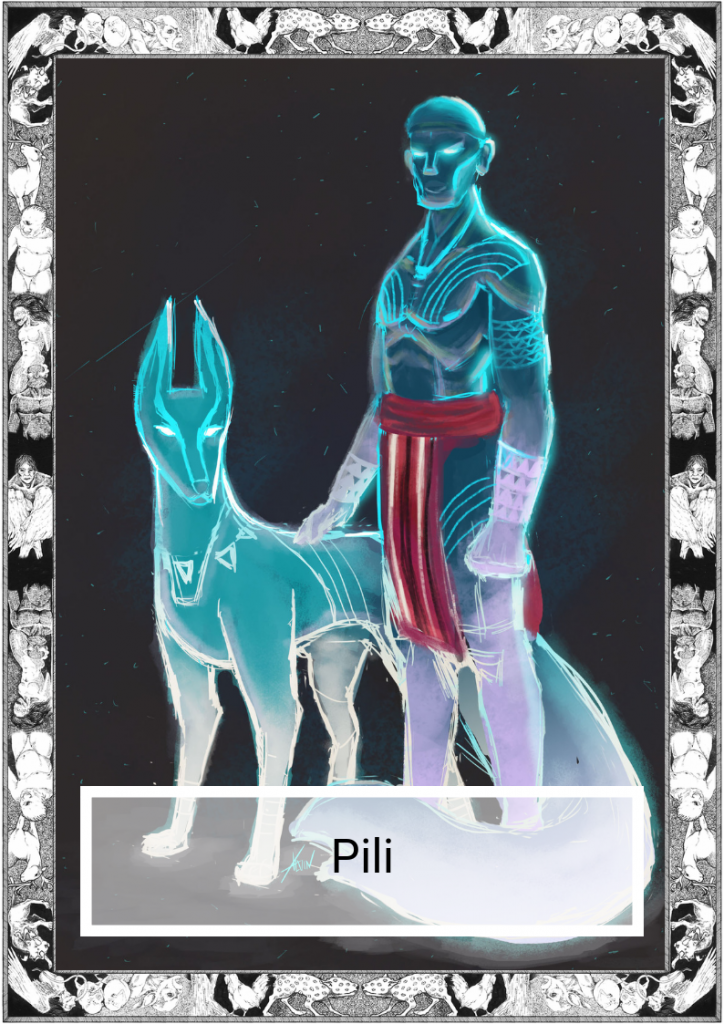
Aguihao avoids the gaze of the mumbaki* as he clutches the fabric covering his right arm.
“I am amused by the nerve you have coming to me to ask for the spirit’s forgiveness,” the mumbaki says as he looks at Aguihao’s arm.
“I did what I needed to do for my family,” Aguihao answers, preferring to look at the ground than meet the mumbaki eye to eye.
“You spit on the traditions of our ancestors! This is the way we have lived for generations and you dare question this?!”
“You don’t understand! You don’t know how lucky you are to let the spirits speak through you while those like me have to toil day after day because of your ‘laws’.”
“Those laws are governed by the spirits, to go against them is to go against destiny.”
“Your destiny maybe, but not mine.”
A pang of silence fills the air and is broken by the mumbaki.
“Take it off,” he commands Aguihao.
The layers of fabric give way to a swollen wound leaking pus. Aguihao’s face barely hides the pain and for the first time looks into the mumbaki’s eyes. There is pity there and a small twinge of regret.
“Tell me your story,” said the mumbaki.
“It started with the death of my wife.”
“I remember that. The mombangol** attended.”
“Yes, and I lost everything. I had to mortgage my property to find the funds for the vigil.”
“We all must follow the rituals. For five days pigs and carabaos must be offered to the gods and spirits.”
“It makes no sense to take from those who have nothing.”
“The soul is immortal. We must do all we can to make sure it finds its place in the life after this life.”
“For those five days we mourned her and sat her upon the hangdel***.”
“And you have done as you must do based on our traditions.”
“But it’s not fair! I have even less than what I had before.”
“This is not just about the vigil is it?”
“No, it is not.”
“Tell me the rest of your story.”
“I am the fifth child of my parents. They had worked tirelessly to save property for their children and through their trials they had accumulated five rice fields and forests. When my older brother was to be married, he got one half of three fourths of the property. And the rest was divided among my eldest sister and my other brother. They even gave my eldest sister the family home. The rest of us were left with nothing.”
“You tread on dangerous ground. Questioning this is acting against unity. One’s chance in life is but a small sacrifice to ensure that the traditions are upheld.”
“I am in a debt that will follow me until I die, that my children and their children will inherit. I did what I could to give them a chance.”
“Is that why you went to your brother’s house?”
“He has so much, he wouldn’t notice some money missing. I just needed a small amount.”
“And then the spirit caught you.”
“I did not know that my brother had the spirit invoked to protect his belongings.”
“Would you have tried to steal had you known?”
“Yes. If only for my family.”
Another spate of silence filled the room, but this time it was Aguihao that broke it.
“Goodbye, mumbaki. I can see it in your eyes that I have trespassed not only on my brother’s property but also on the traditions of our tribe. It is much too much to ask forgiveness for both, and this would be my penance.”
As Aguihao stood to walk away the mumbaki raised his hand.
“Stay,” the mumbaki intoned.
“Will you do the ritual then?” Aguihao asked.
“Do you know I am one of the last mumbaki among our provinces?”
“I have heard that less and less people were taking up the mantle of the mumbaki.”
“It may be the sign of the times, or maybe the spirits aren’t letting themselves be heard. The old ways are dying Aguihao. The young would rather have a piece of paper that says they are ‘educated’ than committing to learning the prayers and chants of our people. They speak to their god with three natures in one and worship in stone temples.”
“Is it their fault? What is there that is left for us here?”
“You may feel that there is nothing here, but the spirits echo loudest in the silence.”
The mumbaki stands up and clutches Aguihao’s arm.
“For now, we will need a chicken.”
——————————————————————————————————————
*Mumbaki/Mombaki are shamans in Ifugao culture.
**The chief mumbaki.
***An improvised chair constructed under the house.
Written by Karl Gaverza
Copyright © Karl Gaverza
Inspired by the Pili description in Gibson’s Sacrifice and Sharing in the Philippine Highlands (London School of Economics Monographs on Social Anthropology,n.57); The Athlone Press: London, UK, 1986.
Pili Illustration by Alvin Gasga
FB: The Art of Alvin Gasga
